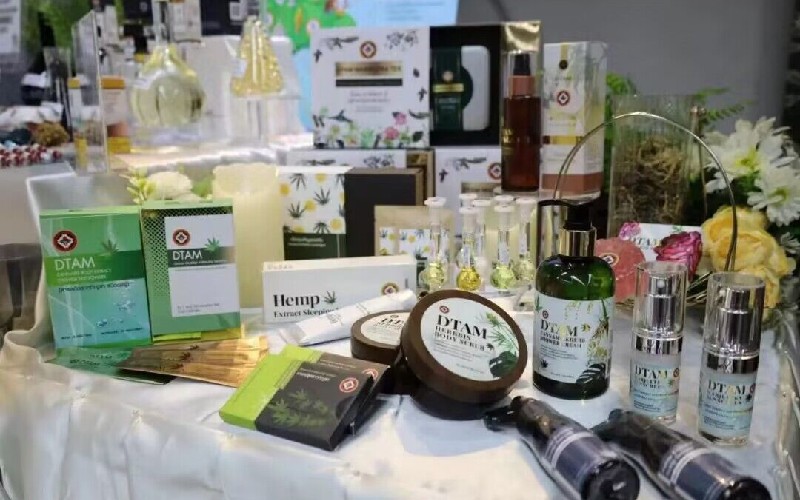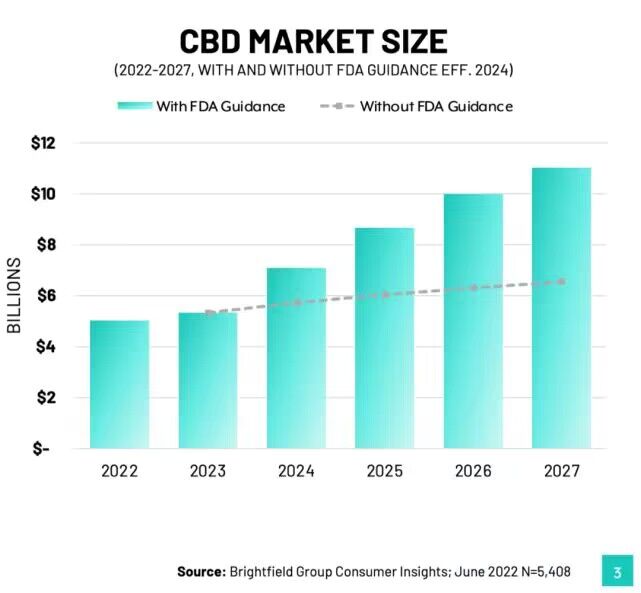16oz 32oz glazen weckpot met metalen deksels jam glazen weckpot
Mason Jars 12 oz met standaard deksels en ringen, ideaal voor jam, honing, bruiloftsgunsten, douchegunsten, zelfgemaakte kruidenpotjes
Mason Jars 12 oz met standaard deksels en ringen, ideaal voor jam, honing, bruiloftsgunsten, douchegunsten, zelfgemaakte kruidenpotjes
Productnaam PET-fles voor orale vloeistof Gebruik Geneesmiddel Capaciteit 10 ml 15 ml 20 ml 30 ml Kleur amberkleurige, heldere PET-buis Materiaal PET-fles Sollicitatie Medische verpakking Pet Tamper Cap OEM/ODM Aanvaardbaar Logo Aangepast logo
Productweergave Deze kindveilige plastic tubes houden de versheid vast. Hoewel de fles voldoet aan de kindveiligheidsnormen, is hij voor volwassenen eenvoudig te openen dankzij het intuïtieve knijpdekselontwerp. Zien eruit als eenvoudige, onopvallende plastic buizen van 19*116mm. Details Afbeeldingen Waterbestendig, luchtdicht en geurbestendig. De afsluitbare buis houdt je spullen veilig op hun plaats, zodat ze fris, schoon en droog blijven. Gemakkelijk mee te nemen in zakken en handtassen zonder dat u zich zorgen hoeft te maken over schade of breuk, uitstekende bescherming tegen breuk en houdt de items supervers Kindveilige veiligheidsknijpdop voor veilige opslag. Wanneer het tijd is om je luchtdichte pot te openen, knijp je zachtjes in de zijkanten van de fles, hoor je de plop en pak je wat je nodig hebt. Handig formaat. De tube is 12 cm lang en 1,9 cm breed, geschikt voor één 116 mm pre-roll. De uv-bestendige tube past overal bij.
Onze vierkante cosmetische pot van 5 ml, 9 ml en 15 ml is gemaakt van hoogwaardig premium glas en heeft een kindveilige vierkante dop. Hij is perfect voor allerlei premium concentraten, waxen of oliën.De glazen concentraatpot is voorzien van een strakke, zwarte, kindveilige dop en is daardoor altijd een indrukwekkende verschijning.Dankzij het eenvoudige maar verfijnde ontwerp zijn deze concentraatpotten een makkelijke keuze om elk logo op te laten drukken, wat uw merkbekendheid vertienvoudigt. Onderscheid uzelf van de massa met concentraatpotten die er echt goed uitzien.Marijuana420Packaging werkt hard om hun glas te produceren met de hoogste kwaliteit, voedselveilig glas op de markt. Dit garandeert de ultieme veiligheid en versheid van je concentraat. De richtlijn voor de concentratiecapaciteit is als volgt:5-7 ml kan tot 1 g bevatten9 ml is geschikt voor 1-2 g15 ml is geschikt voor 2-4 g Make-up cosmetisch gebruikBrede toepassing: u kunt de reiscosmeticapot gebruiken om lotions, crèm...
Glazen fles met brede opening, geurbestendig, kindveilige glazen potten met vergrootglasdeksels
 2023-04-13
2023-04-13
Securities Times meldde dat CBD (cannabidiol, een niet-psychoactieve cannabinoïde), na jaren van ontwikkeling, geleidelijk een belangrijk groeipunt in de industrie is geworden te midden van de zwakte van e-sigaretten. Insiders uit de industrie zeiden dat fabrikanten van CBD-verstuivers goede zaken doen, ver boven het gemiddelde niveau van de industrie.
De handel in e-sigaretten was dit jaar zwak en de bestellingen zijn vergelijkbaar met de lijst. "Securities Times-verslaggever interviewde een leverancier van e-sigarettenbatterijen, de andere kant zei het. Het is duidelijk dat de recente Simol internationale aandelenkoers relatief zwak was, er is een reden waarom de industrie niet boomt. Simor aan de internationale gigant OEM, e-sigaretten die worden beïnvloed door de industriële omgeving zijn relatief groot. Wegwerp-e-sigaretten zijn de afgelopen jaren een brandpunt geweest voor de industrie en hebben geleidelijk e-sigaretten vervangen als de mainstream in het buitenland, maar na aanhoudende groei is er recentelijk een vertraging opgetreden.

The recent hot spot is cannabis CBD products," said Li Youqiang, an expert in the e-cigarette industry. After the year, the pattern of the e-cigarette industry has changed obviously. Some manufacturers are rising, while others are declining. He believes CBD products will continue to sell well, leading to some companies seizing the opportunity. CBD, also known as cannabidiol, is a compound naturally found in cannabis resin flowers. It is one of more than 100 "plant cannabinoids". Unlike THC, CBD does not cause the hallucinogenic effects of THC (tetrahydrocannabinol, a drug ingredient) and has no side effects of THC. In recent years, CBD has gradually been recognized by the public as low-concentration CBD appears in health care products, food and skin care products. CBD has analgesic properties and can also reduce anxiety, panic, and has fewer side effects associated with marijuana than many over-the-counter and prescription painkillers. The risk of dependence is also lower.
Due to the easterly trend of marijuana legalization, marijuana products have been promoted rapidly and recognized by consumers in recent years. Inhaling CBD vaping oil through atomizing equipment is one of the consumption methods. Its principle is similar to that of vaping, but because it does not contain nicotine, it does not need to accept strict supervision as tobacco products, and it does not need to pay high consumption tax, so manufacturers have greater freedom. This is a separation of the atomized product from the tobacco.
In the US market, CBD industry has also been suppressed by the policies of some state governments. Many enterprises are researching CBD alternative raw materials, and products centering on other rare components of industrial hemp such as CBG and CBN have begun to appear. These two components are not regulated by the US law at present.
The Brightfield Group's 2022 US CBD Mid-Year Report, released last July, FDA Impact and Path Forward, including projections for two scenarios, with and without Food and Drug Administration (FDA) regulation, in response to expectations and possible federal market change regulations if FDA guidance delays persist.

According to the Brightfield Group, the US industrial cannabis-derived CBD market is estimated to be worth about $5 billion in retail sales in 2022. If federal rules are implemented by 2024, sales are expected to reach $11 billion by 2027.
Brightfield Group is a leading research firm in emerging categories, including CBD, cannabis and health. Unique insight into the development of new markets by integrating multi-source data with AI and research expertise into cross-comparable data lakes.
 Online service
Online service +86 15375471059
+86 15375471059 [email protected]
[email protected] allanshi0520
allanshi0520 +8615375471059
+8615375471059